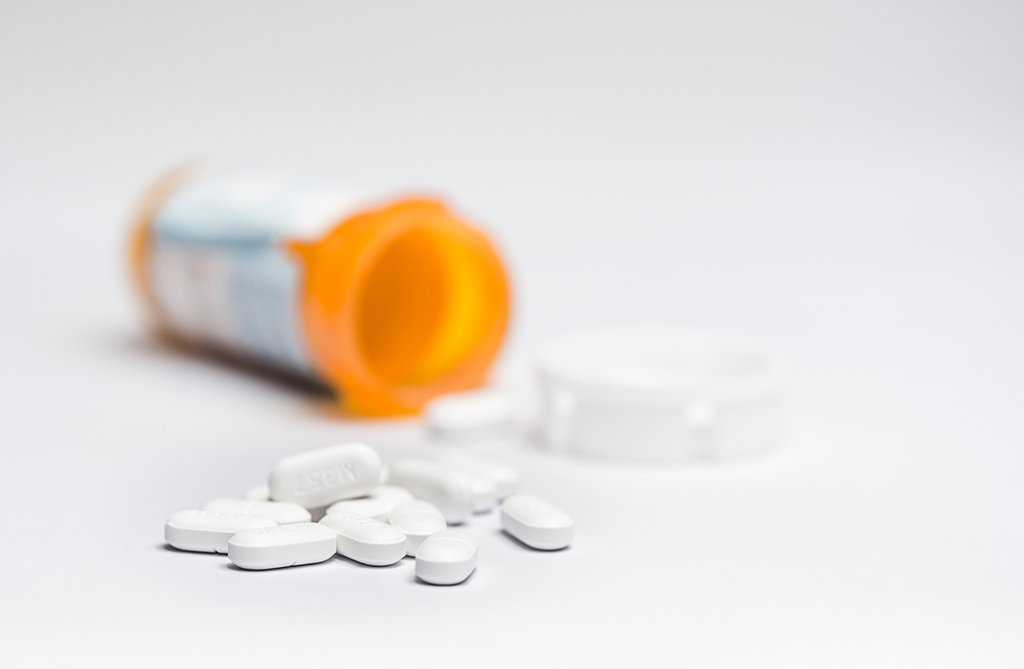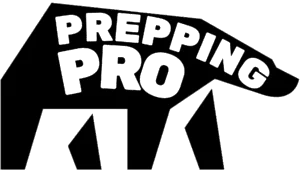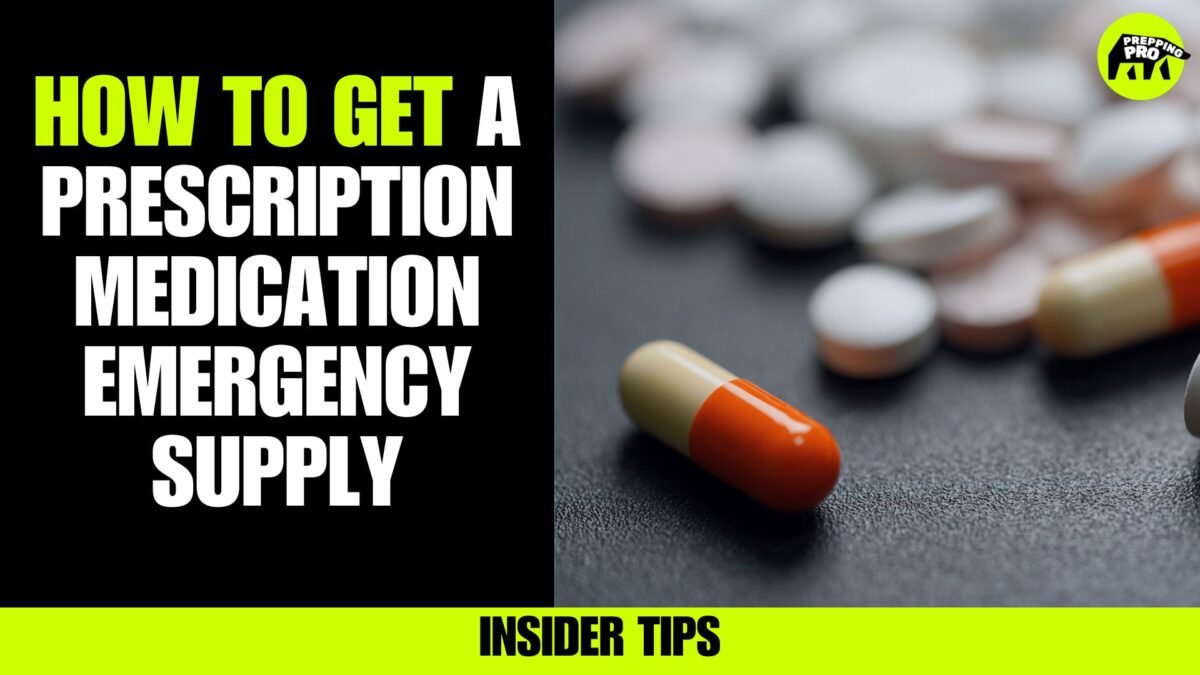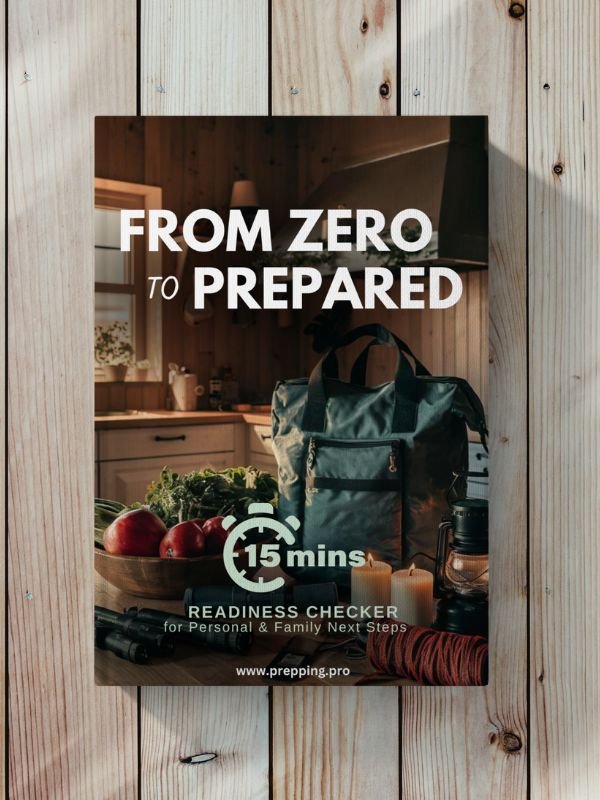“Chance favors the prepared mind,” said the highly revered scientist Louis Pasteur.
In urgent situations needing a prescription refill, first reach out to your healthcare provider or local pharmacy, and consider online services or urgent care clinics for after-hours emergencies. Eligibility for an emergency medication supply varies by state, especially for controlled substances, so check local laws and regulations.
This guide offers a comprehensive guide to accessing crisis medication refills conveniently, securely, and promptly, ensuring your health is never compromised, even in a crisis.
Key Takeaways
- Understand the options for obtaining an emergency medication supply in crisis situations.
- Be aware of your insurance provisions and the possibility of higher costs at out-of-network pharmacies.
- Consider the benefits of online services for after-hour emergency refills.
- Take advantage of resources like the Emergency Prescription Assistance Program (EPAP) during natural disasters.
- Learn about state-specific laws and regulations governing prescription medication supplies in emergency situations.
- Understand the importance of creating an emergency preparedness plan including the need to stockpile a 7-10 day supply of all necessary medications.
Table of Contents
How to Get Prescription Refills in Urgent Situations
In urgent scenarios wherein immediate action becomes a necessity for a prescription refill, certain measures can provide relief and urgent prescription assistance.
Whether via your primary healthcare provider or a local community pharmacy, sourcing this medical necessity can be achieved through a number of strategic steps.

Immediate Steps to Take When You’re Out of Medication
Time can often become a critical factor in urgent situations and hence the initial step in an emergency prescription refill should be to communicate with your healthcare provider.
If the physician is unavailable, contact your pharmacy immediately to discuss the feasibility of an emergency supply.
Contact Your Healthcare Provider or Local Pharmacy
Emergencies can catch one off guard, especially after regular operating hours. In such situations, local pharmacies often operate round the clock and can provide the much-needed emergency prescription coverage.
These medical hubs can extend essential support in states where the dispensation of an emergency 72-hour supply is permissible by law when a health risk is identified without the medication.
Use Online Services for After-Hours Emergency Refills
When in-person assistance ceases to be accessible, turning to online platforms can pave the way.
Several telemedicine portals offer consultations with doctors remotely, resulting in the necessary prescriptions being relayed to your nearest pharmacist.
Utilize Urgent Care Clinics as a Resource
Urgent care clinics effectively bridge the gap and facilitate medical assistance in pressing situations.
Carrying your latest prescription and insurance details to an urgent care clinic can expedite the process of obtaining a onetime dose, providing temporary relief until your primary care physician is reachable.
It is however critical to remember that in case of a health crisis demanding immediate medical attention, one should opt for an emergency room visit and alert the treatment provider promptly.
| Options for Urgent Prescription Refill | Availability | Pros | Cons |
|---|---|---|---|
| Contacting your healthcare provider | Usually during business hours | Fast response if reached | Limited availability after hours |
| Local pharmacy | Often round the clock | Immediate Prescription | Depends on the state laws |
| Online services | 24/7 | Convenient and quick | Quality varies across platforms |
| Urgent Care Clinics | Extended hours | On-site assistance | May require appointment |
Remember, an emergency room visit and notifying the treatment provider are critical if immediate medical attention is necessary.
Ultimately, safeguarding oneself from a health crisis revolves around making informed choices and seeking timely assistance.
Prescription Medication Emergency Supply: Understanding Eligibility and Laws
Eligibility and regulation for securing an emergency medication supply vary greatly.
Different states have varying rules and it’s important to know how these regulations apply to your situation. These laws can be influenced by the type of medication needed, especially if it is a controlled substance.
| Medication Type | Regulations |
|---|---|
| Controlled substances | Stringent. Emergency refills often prohibited or strictly limited, particularly for Schedule II drugs like Adderall and Vicodin |
| Other Prescription Drugs | Emergency refill may be allowed either through verbal confirmation from a healthcare provider or based on pharmacist’s discretion |
It’s always advisable to refer to the CDC website or relevant state regulations to identify which medications are eligible for emergency refill and the extent to which these refills are permitted.
During a crisis, such as a natural disaster, some states may permit residents to receive a 30-day medication supply.
This emphasizes the importance of reaching out to your pharmacy for the necessary emergency prescription coverage, or transferring your prescriptions to a location where access is feasible, despite the ongoing emergency.
Always remember, while obtaining a medication supply in an emergency might look tedious, it is a lifesaving measure that can help ensure optimal outcomes during unforeseen circumstances.
Conclusion
The culmination of this comprehensive guide underscores the necessity of being prepared, aware, and proactive when it comes to managing prescription medication, especially in emergency situations.
The complexities that revolve around getting an urgent medication refill are not to be underestimated.
However, with preventative measures and cogent strategies, every individual can effectively navigate crisis scenarios.
Preventive Measures for Uninterrupted Medication Access
The first line of defense to alleviate unexpected medication disruption lies in taking preemptive measures. Devising an emergency preparedness plan, including considering prescription overrides for early or additional refills when traveling, is crucial.
While insurance provisions may facilitate this process, discussions with healthcare professionals become indispensable, especially when certain prescriptions cannot be filled earlier than scheduled.
During such instances, viable solutions may necessitate out-of-pocket expenses.
Securing Your Health: The Importance of Having an Emergency Prescription Plan
An emergency prescription plan is not just a buffer against the unpredictable but a tangible testament to the zeal to safeguard one’s health.
Embracing an all-encompassing approach that includes being informed about the relevant laws and optimizing available resources such as the Emergency Prescription Assistance Program (EPAP), takes us a step further in this direction.
Overcoming the Challenges: Refills During Natural Disasters and Crises
Even the most daunting of situations, such as natural disasters or other crises, can be met head-on with resilience and fortitude.
Grasping the provisions that allow sufferers to secure a 30-day medication supply during such emergencies can make all the difference.
As we navigate through these uncertain times, let us remember – vigilance, preparedness, and the spirit of adaptability can guide us to safe shores even when the winds of crisis threaten to tip the scales.


